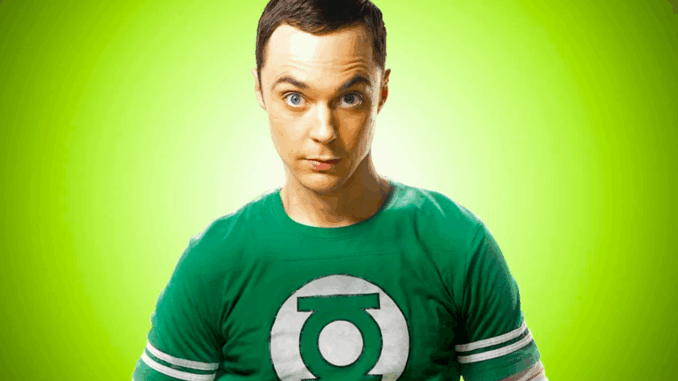
When The Big Bang Theory premiered in 2007, few viewers expected that one of its main characters would spark a broader conversation about mental health — especially in the middle of a laugh track sitcom. Yet through twelve seasons, Sheldon Cooper became not only the breakout star of the series, but also an unexpected figure in conversations surrounding neurodivergence, social anxiety, and obsessive behaviors.
Though the show never explicitly labeled Sheldon with a diagnosis — a decision both praised and criticized — audiences quickly recognized characteristics that aligned with conditions like obsessive-compulsive disorder (OCD) and autism spectrum disorder (ASD). And through humor, The Big Bang Theory began a quiet, cultural shift in how these traits were perceived.
The Curious Case of Sheldon Cooper
Played with brilliance by Jim Parsons, Sheldon was a theoretical physicist with a genius-level IQ, a lack of emotional intuition, and a strict set of personal rules. From his rigid bathroom schedule to his disdain for social niceties, Sheldon became the show’s most complex and, often, controversial figure.
For years, fans and critics debated whether the character was meant to be autistic. Parsons himself said in interviews that he never approached Sheldon as someone with a clinical diagnosis. Series creator Chuck Lorre explained that they intentionally left it undefined, allowing viewers to draw their own interpretations.
That ambiguity allowed Sheldon to be both broadly relatable and deeply specific. Some viewers saw themselves in his need for structure, his difficulty with change, or his literal thinking. Others found comfort in how the show normalized behaviors that, in other settings, might be mocked or misunderstood.
Humanizing the “Difficult” Genius
Early seasons often used Sheldon’s quirks for comedy — his inability to detect sarcasm, his compulsions around seating arrangements, and his endless lists of rules. But as the show evolved, so did the treatment of these traits.
One of the most powerful shifts came when the narrative began exploring Sheldon’s backstory. Through episodes that introduced his mother, his twin sister, and even flashbacks to his childhood in Young Sheldon, audiences saw how his behavior was shaped by both nature and nurture.
Instead of mocking his rigidity, the show began contextualizing it. Viewers learned that Sheldon struggled to form friendships as a child, that he experienced bullying, and that his mother fought to get him the education he needed — even when it meant driving him to college every day at age eleven.
The result? A portrayal that felt human, flawed, and authentic — not sanitized or saintly.
When Comedy Meets Reality
Despite its good intentions, The Big Bang Theory wasn’t perfect in how it handled Sheldon’s mental health cues. Critics have pointed out that early seasons leaned too heavily into stereotypes and that Sheldon’s behavior was sometimes used as a punchline rather than an opportunity for insight.
But over time, the tone shifted. Sheldon’s growth became one of the show’s most rewarding long arcs. He learned empathy — slowly, clumsily, but earnestly. He developed a romantic relationship with Amy Farrah Fowler that defied expectations. And he gradually let his friends in — on his terms, but fully.
The finale of the series provided a poignant payoff: Sheldon, finally aware of how much his friends had sacrificed for him, delivered a heartfelt speech thanking them during his Nobel Prize acceptance. It was a moment of grace and growth, years in the making.
A Mirror for Many Viewers
What makes Sheldon’s character arc so significant is not just how it was written, but how it was received. On online forums, Reddit threads, and personal blogs, fans have written about how Sheldon helped them feel seen.
Some autistic viewers appreciated that the show didn’t try to “fix” Sheldon. Others with OCD or anxiety related to his rituals, his distress around disorder, or his love of routine. Even viewers without any diagnosis found truth in his struggles with vulnerability and change.
As one fan wrote on Tumblr: “I never realized I might have OCD until I saw how Sheldon reacted when things were out of place. It was like watching myself on screen — but for once, people were laughing with him, not at him.”
Why It Matters
In a TV landscape often criticized for its lack of authentic mental health portrayals, The Big Bang Theory stood out not for its bold declarations, but for its subtle empathy.
By refusing to reduce Sheldon to a stereotype — and by allowing him to grow without losing his identity — the show managed something rare. It created a character who was allowed to be brilliant, difficult, lovable, and deeply human — all at once.
That’s no small feat, especially in a sitcom that also gave us knock-knock jokes and lightsaber fights.
